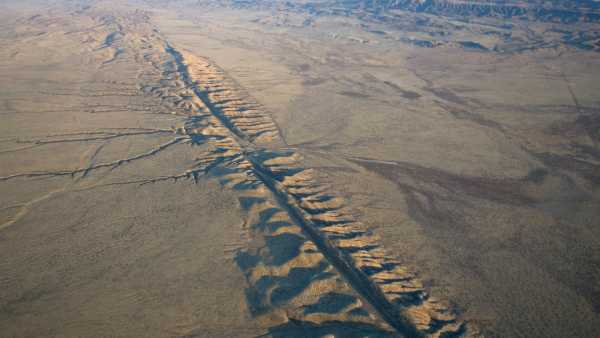
Over the past 15,000 years, more than 500 species of cichlids have evolved in Lake Victoria, Africa. (Image credit: JethuynhCan via Getty Images)
Evolution can take place over millennia, but it can also happen in just a few generations. For example, Darwin's finches on the Galapagos Islands adapted quickly by developing specialized beaks in response to changes in food availability; green anoles (Anolis carolinensis) increased the size of their toe pads, enabling them to reach higher to escape predators; and peppered moths (Biston betularia) became darker in color due to pollution from the Industrial Revolution.
So which vertebrates evolve the fastest? It's a tough question.
“I can't say that any particular organism always evolves quickly,” Michael Benton, a vertebrate paleontologist at the University of Bristol in the United Kingdom, told Live Science.
He explained that there are two main theories. “One suggests that some organisms have innate characteristics that make them evolve quickly, while others evolve more slowly,” he added. The second theory states that all organisms can evolve quickly, but this depends on changes in the environment, the main catalyst for evolutionary change.
The award for “fastest evolutionary” is therefore highly contested. Some researchers have given that title to tuatara (Sphenodon punctatus), a lizard-like reptile found only in New Zealand. The reptiles are the only surviving members of the order Rhynchocephalia, which was more diverse in the Mesozoic era (251.9 million to 66 million years ago) than the modern order Squamata, which includes lizards and snakes, Benton explained.
A 2008 study published in the journal Trends in Genetics analyzed ancient and modern tuatara DNA, and the results showed that these so-called living fossils actually have the highest recorded rate of molecular evolution among vertebrates. This indicates that while the species’ appearance has changed little over millions of years, its DNA has changed significantly. Similarly, scientists have found that Adélie penguins (Pygoscelis adeliae) have evolved genetically two to seven times faster than previously thought, even though their appearance has remained virtually unchanged.
However, not all experts agree that such genetic evolution makes tuatara the fastest evolving creatures.
Sourse: www.livescience.com





